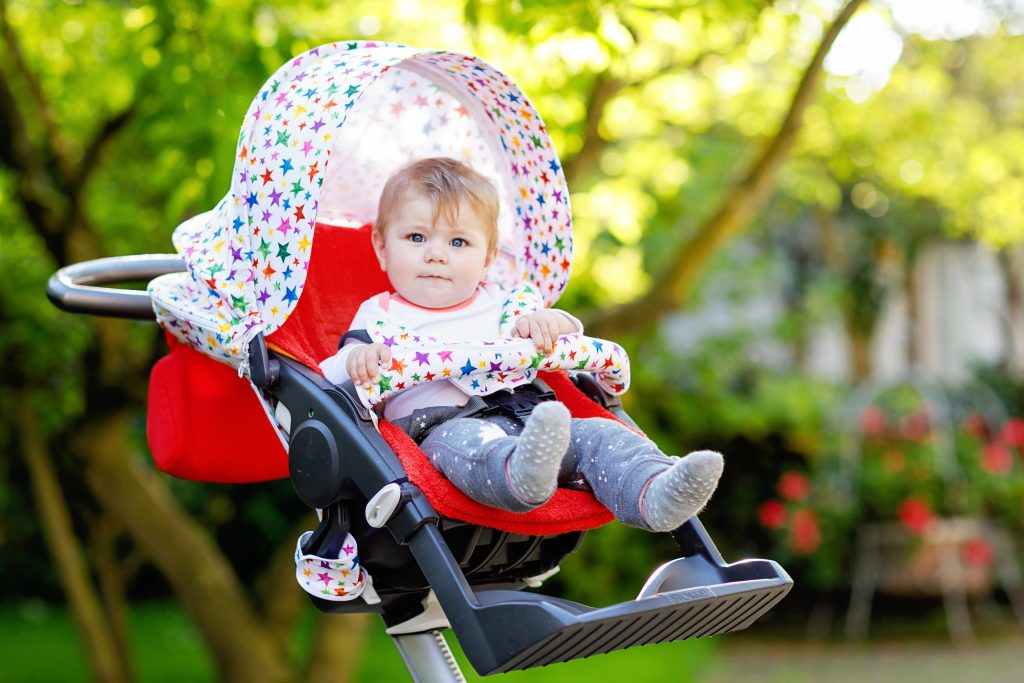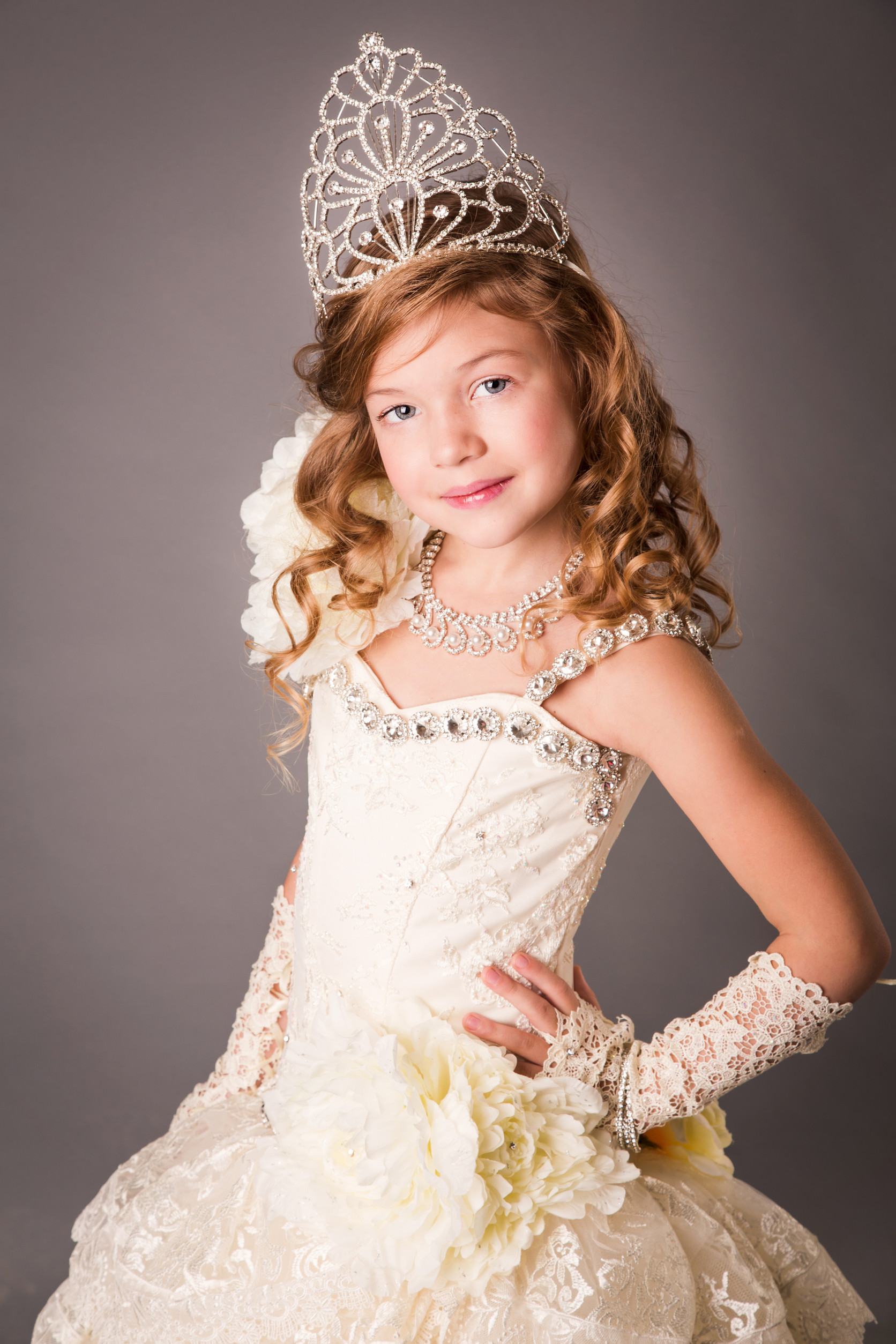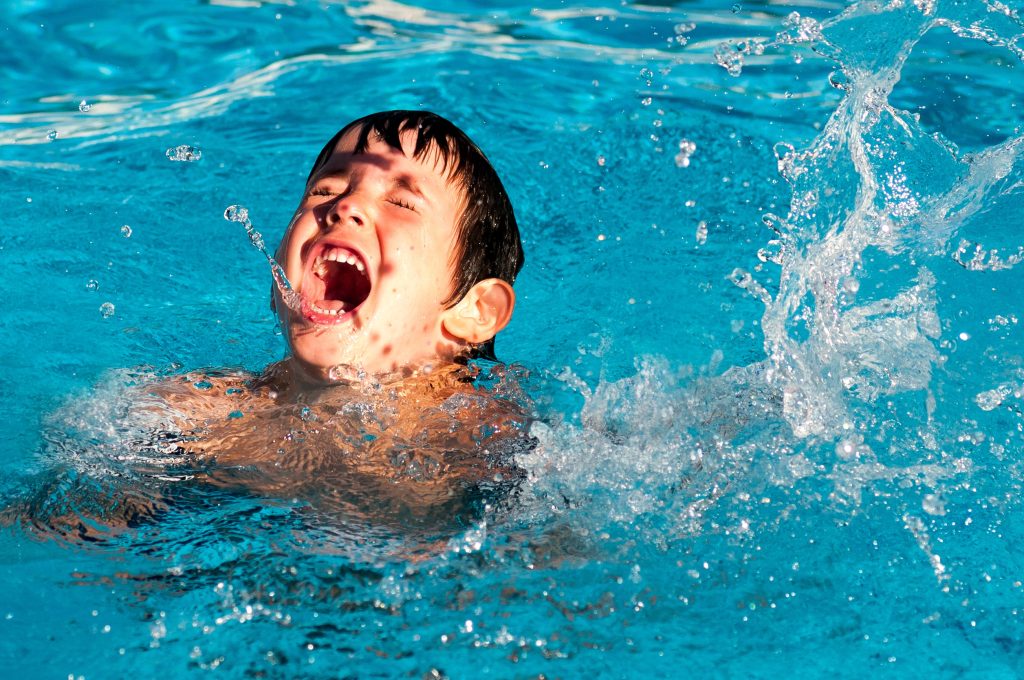
When choosing a family dog, finding a breed that is both loving and protective is essential. Certain breeds are naturally inclined to guard and defend, making them wonderful companions for households with children. Combining fierce loyalty with gentle care, these dogs ensure your children’s safety while enriching their lives with affection. Here are six dog breeds known for their protective instincts and devotion to family.
German Shepherd
German Shepherds are highly intelligent and loyal, making them exceptional protectors for families. They have a strong sense of vigilance and can quickly recognize potential dangers, stepping in to safeguard their loved ones. Despite their role as guardians, they are gentle, patient, and affectionate with children. Their trainability ensures they adapt well to family routines and rules. With their energy and versatility, German Shepherds fit perfectly into active households that can keep them engaged.
Labrador Retriever
While Labrador Retrievers are known for their friendly and sociable nature, they are also fiercely protective when it comes to their families. Labs form strong bonds with children and instinctively defend them when necessary. They’re gentle and calm around kids, making them an ideal breed for households with younger children. Proper training strengthens their protective instincts, creating a balance between playfulness and vigilance. Their loving demeanor ensures they are both trusted guardians and cherished companions.
Boxer

Energetic and full of personality, Boxers are devoted to their families and naturally protective of their children. These dogs are alert and fearless, always ready to respond to potential threats. Their affectionate and playful nature makes them wonderful with kids, while their loyalty guarantees safety. Boxers thrive in family environments where their energy is embraced and matched with regular physical activity. Their enthusiasm and dedication bring both security and joy to households.
Golden Retriever
Golden Retrievers may not have the imposing presence of other protective breeds, but their loyalty and intelligence make them exceptional guardians. Known for their gentle demeanor, they are incredibly patient with children and quick to sense and respond to potential dangers. Their trainable nature allows them to adapt to the needs of their families effortlessly. Golden Retrievers excel in homes with young children, fostering a nurturing and safe environment.
Doberman Pinscher
Doberman Pinschers are fearless and highly focused, qualities that make them excellent protectors. Although they have an intimidating presence, Dobermans are incredibly loving and devoted to their families. They’re known for their quick responses to threats and unwavering loyalty, making them reliable guardians. Their intelligence and need for structure mean they thrive with consistent training that channels their protective instincts. Dobermans are ideal for families who appreciate their courage and affectionate bond.
Great Pyrenees
Calm and composed, Great Pyrenees dogs are natural guardians with a gentle heart. Originally bred to protect livestock, these dogs extend their protective instincts to their families, especially children. They are patient and nurturing, making them perfect for households with kids. Their vigilance ensures your family’s safety, while their loving nature fosters strong connections. Despite their large size, Great Pyrenees are known for their kindness and adaptability, offering security and affection in equal measure.
Loyal Companions for Peace of Mind
Protective dog breeds combine devotion and safeguarding instincts, making them ideal for families with children. These six breeds excel at providing both security and love, ensuring a harmonious household dynamic. With proper training and care, they become trusted companions who enrich the lives of everyone they protect.
Which breed would work best with your family’s needs? Share your thoughts and experiences in the comments below.
Read More:
14 Profitable Stay-at-Home Mom Jobs Online (That Are Worth Your Time)
These Are The 8 Best Pets For Small Children
Tamila McDonald is a U.S. Army veteran with 20 years of service, including five years as a military financial advisor. After retiring from the Army, she spent eight years as an AFCPE-certified personal financial advisor for wounded warriors and their families. Now she writes about personal finance and benefits programs for numerous financial websites.

















